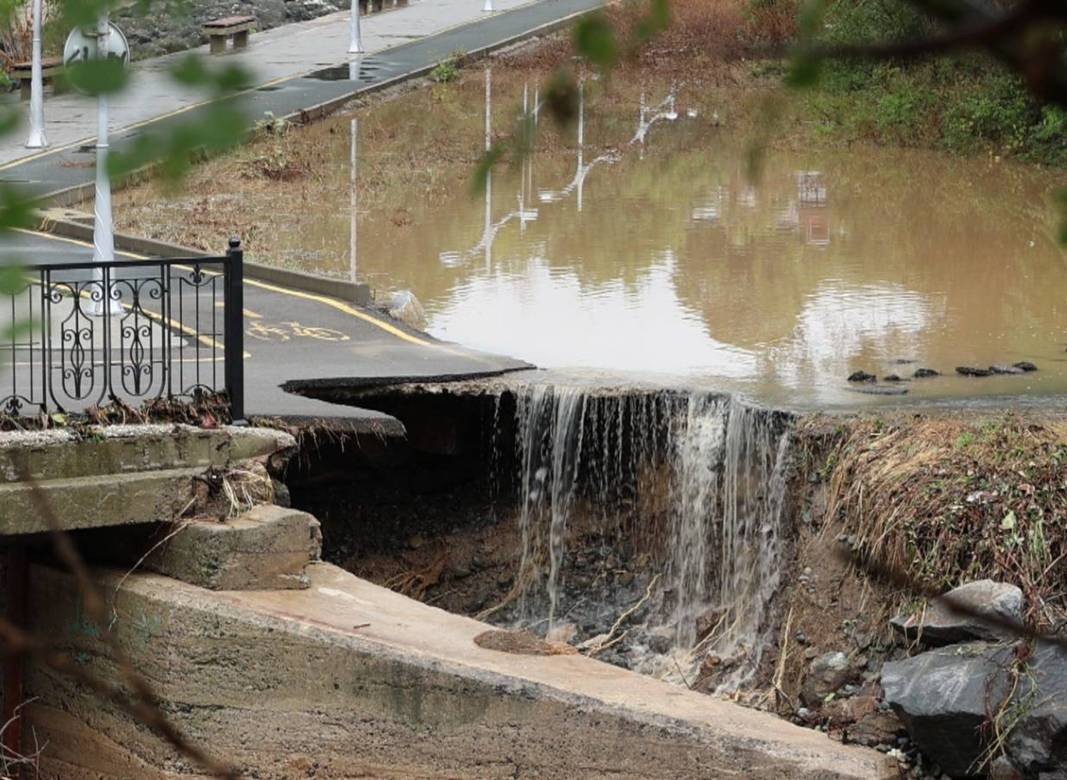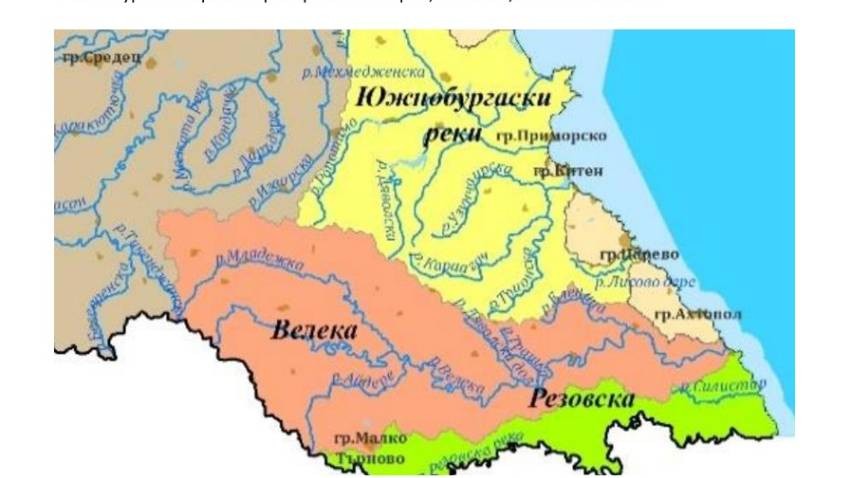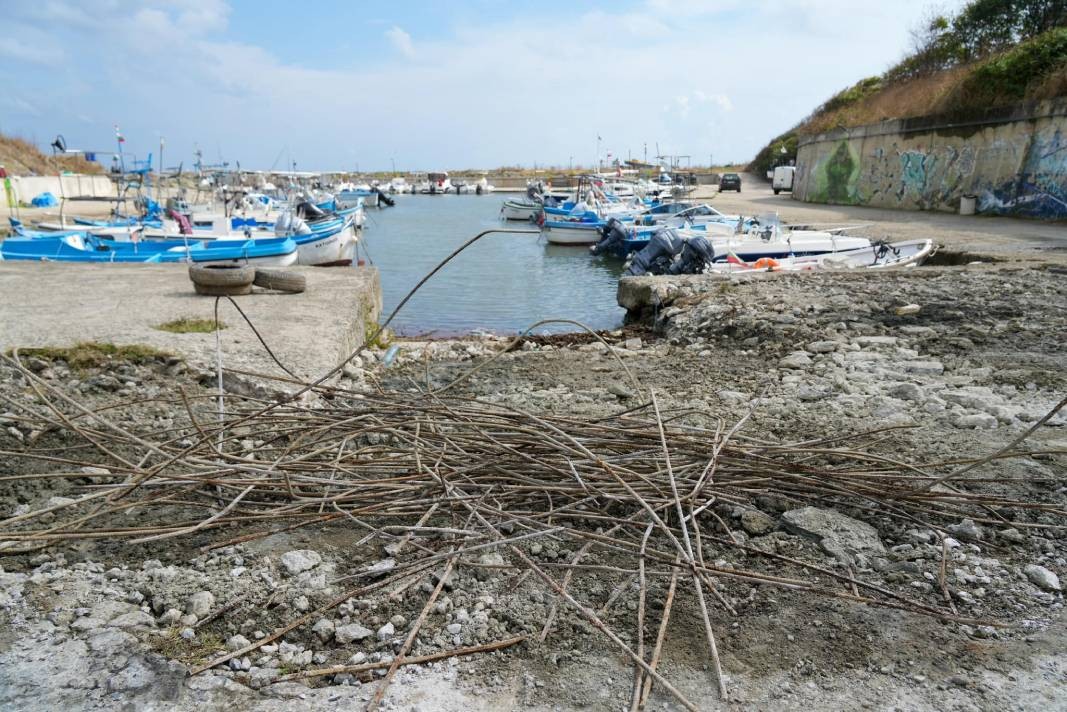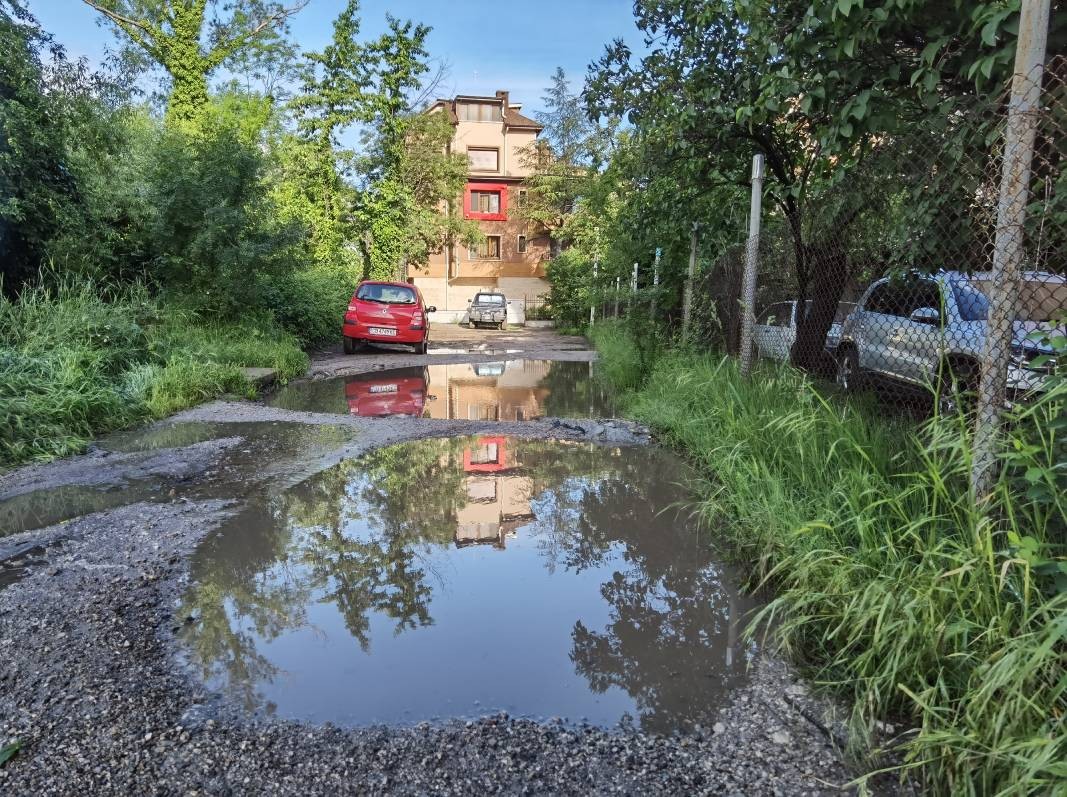



The Federation of European Carnival Cities has declared Pernik a global center of masquerade traditions. 16 years ago, Prenik was named the European Capital of Sourvakar and Mummer Traditions, and nearly 10 years ago, the Surva festival was..
Bulgaria ranks last among EU Member States in terms of life satisfaction. This is according to Eurostat data for 2023 published today . With an average level of the Community indicator of 7.3 points out of 10, Bulgaria scores 5.9. Finland tops the..
As winter numbs the wilderness, the tortoises hibernate in their shelters, protected from the cold and outside threats. But what happens to them during this time? Where do they feel safest and when can we expect them to wake up? In the village of..
The first Dalmatian Pelican of this season hatched a few days ago in the protected area Kalimok - Brushlen near the Danube town of Tutrakan, reports the..
More than 4,000 participants from 52 masquerade groups from all over the country will take part in the Jamala National Masquerade Festival in Kyustendil on..
On February 16, Radio Bulgaria celebrates its 89th anniversary . Throughout these years, our multilingual media has been not only a channel of information,..

+359 2 9336 661
